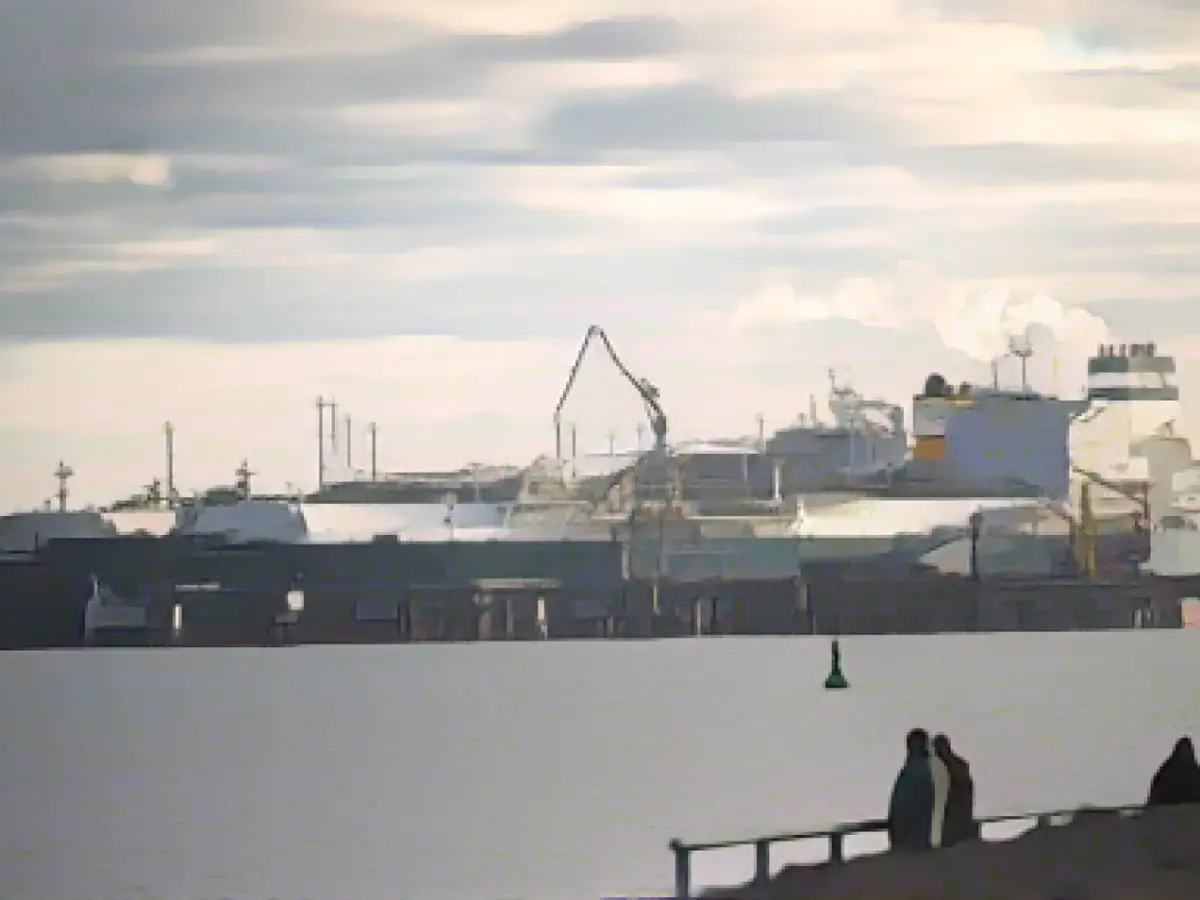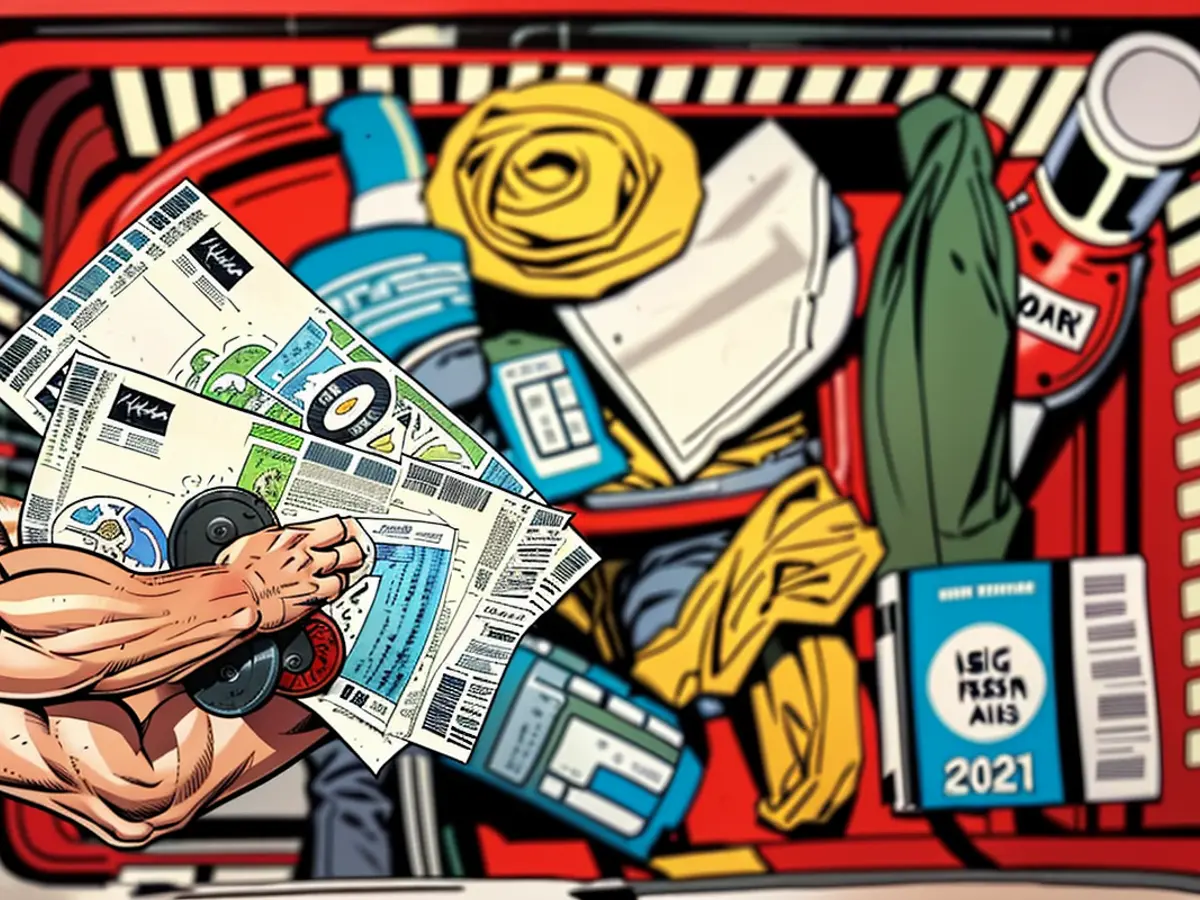Environmental aid - Lawsuit against the use of chlorine at the Wilhelmshaven LNG terminal
Environmental Action Germany is taking legal action against the use of chlorine at the liquefied natural gas (LNG) terminal in Wilhelmshaven. The association announced on Tuesday that it had filed a complaint with the Federal Administrative Court against the use of biocide in the operation of the floating terminal "Höegh Esperanza" because it poses a significant threat to the ecosystem of the Jade and the Wadden Sea. The "Neue Osnabrücker Zeitung" and NDR had previously reported on the lawsuit.
The Federal Managing Director of Umwelthilfe, Sascha Müller-Kraenner, accused the operator Uniper of polluting the Jade and the North Sea, even though more environmentally friendly alternatives are available. "The Wadden Sea is being recklessly misused as a garbage dump," he said. "The second terminal ship "Excelsior", which is to be operated at the same location from next year, is to be cleaned without biocides - why can't the same be done for the "Höegh Esperanza"?"
Environmental protection associations, local residents and mussel fishermen have been criticizing the discharge of chlorinated wastewater into the Jade for some time. However, the Lower Saxony State Agency for Water Management, Coastal and Environmental Protection announced on Friday that cleaning the LNG terminal with chlorine had not had any negative effects on the water so far. After eleven months of operation, the measured values of the various chlorine and by-products were mostly even below the detection limit.
In the summer, the terminal operator Uniper presented a concept for minimizing the use of chlorine. It describes more than 20 alternative cleaning processes. However, no alternative is better suited than chlorination for keeping the pipes free of mussels or barnacles, according to the report.
NOZ report NDR report Environmental Action's press release Environmental Action's statement of claim
Read also:
- A clan member is punished here
- Traffic lawyer warns: Don't talk to the police!
- Will he be convicted as Jutta's murderer after 37 years?
- He also wanted to kill his cousin
Source: www.stern.de








